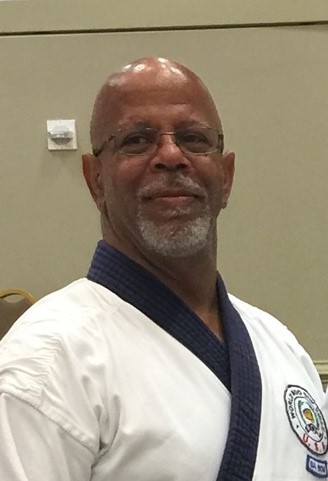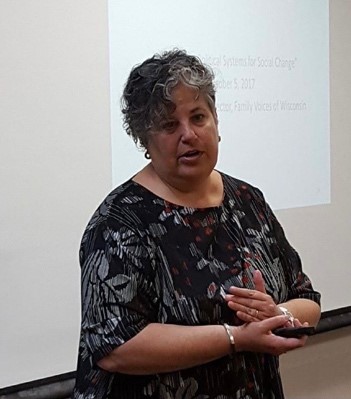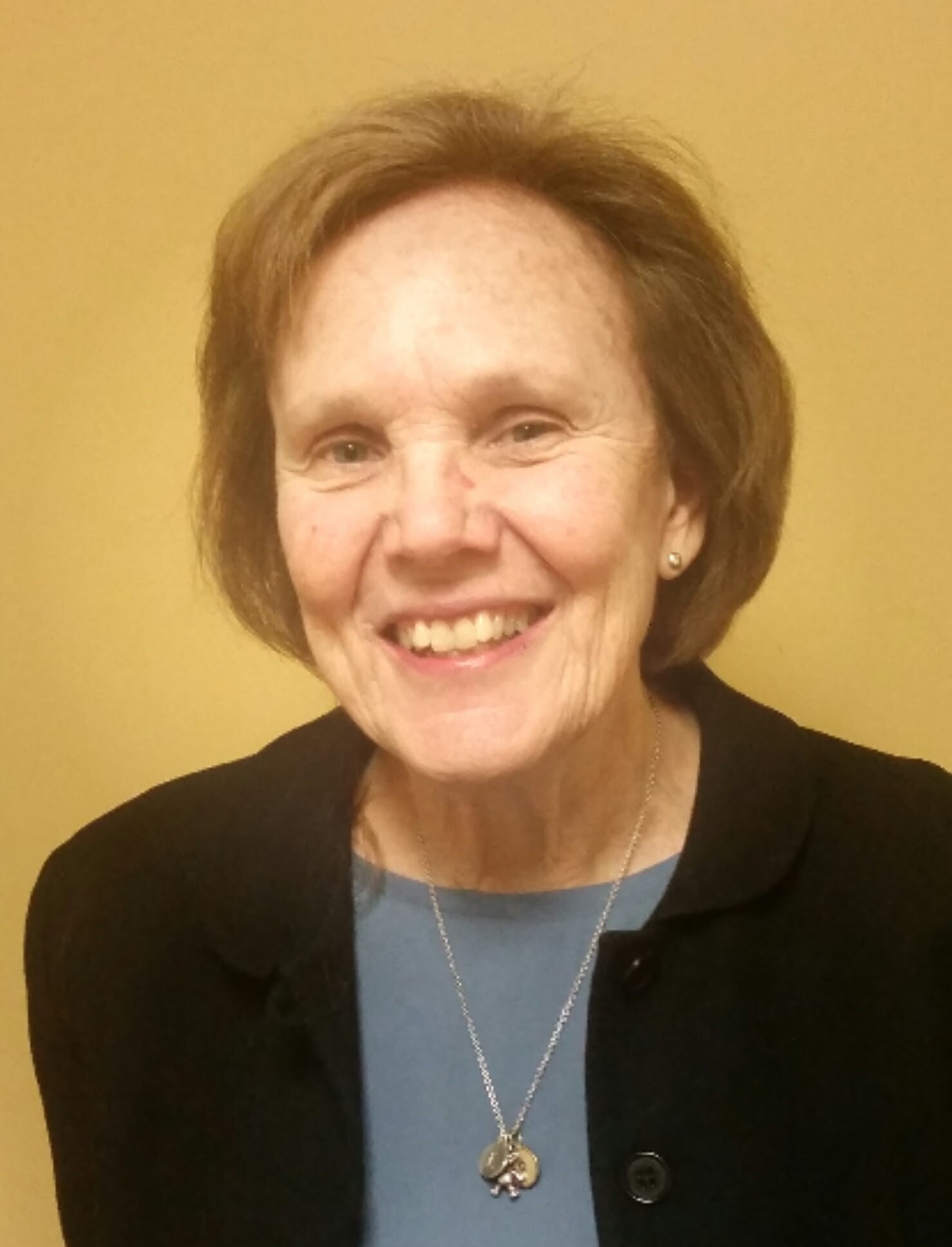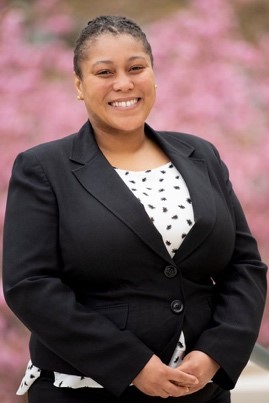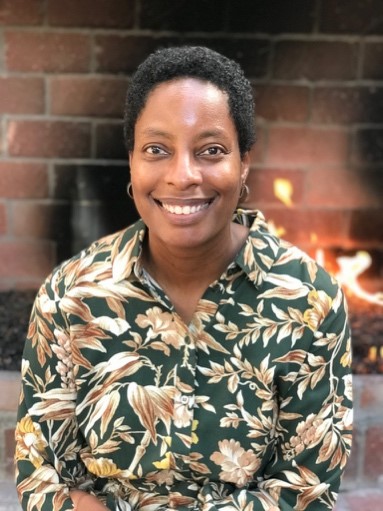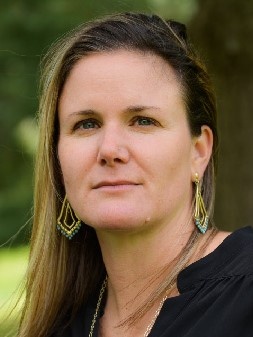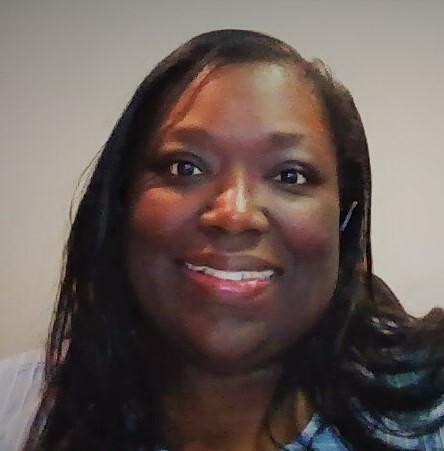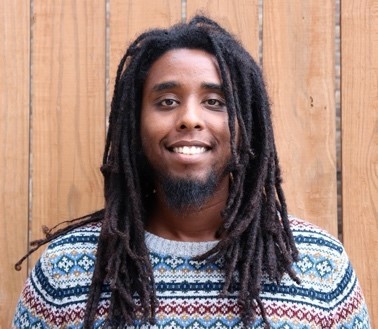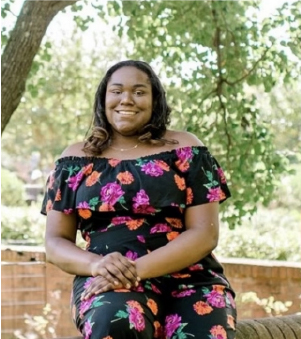
Our History
Children’s Bureau was established to focus on children’s health.
- Civil Rights Movement increased the focus on different types of discrimination.
- Medicaid was created.
In the 1970s, parents approached hospital administrators about lifting restrictions on visiting their hospitalized children
Federal special education law, P.L.94-142 (now called IDEA) was enacted.
President Ronald Reagan approved legislation for Medicaid’s Home- and Community-Based Waivers.
Federal special education law, IDEA, was finally interpreted to require inclusion of children with special health care needs.
Family Voices Organizational Meeting
Family Voices’ national and state leaders, government officials, and researchers have worked together to define children with special health care needs, count them, and ensure that health policies take them into account.
A small panel of experts, including a Family Voices representative, developed the first formal definition of children with special health care needs for MCHB
Nora Wells (Family Voices Executive Director from 2017-2023) led a 20-state survey, “Your Voice Counts,” jointly run by Family Voices and Brandeis University, to understand and describe families’ experiences and challenges with health systems.
Passage of the Family Opportunity Act (FOA).
Before there was Family Voices
Today, most families who have children with special health care needs find it hard to imagine what it was like when babies with disabilities were never expected to live beyond infancy, or if they did, they were quickly placed in institutions. Families often felt they had no choice to care for their children at home – they had no help, no therapies or other services in their communities, no place for their child to learn, play, and thrive. Family Voices has been a leader in changing the lives of children with special health care needs and their families.
Bringing our children home
As a result of work conceived by the late Julie Beckett, a mother from Iowa, thousands of children and adults who might have been sent to live in institutions and hospitals now live at home. Julie Beckett, her congressman, and federal Medicaid officials came up with the idea for Medicaid waivers, a financial tool that helps support health services and other related services for people with disabilities and special health care needs.
Helping other families
Family Voices realized early on that parents who learned to navigate complex medical systems for their children were ideal role models to help other parents learn these skills. Experienced families listen and answer new families’ questions about a new diagnosis, help them find providers, and help them navigate the complex US health care system. We help families address language, racial, and cultural barriers and participate in changing and improving policies and systems.
Becoming researchers
Family Voices recognized early on that too little was known and understood about children and youth with special health care needs and their families. Since then, Family Voices national and state leaders, government officials, and researchers have worked together to define children with special health care needs, count them, and ensure that health policies take them into account. Research about our children, youth, and families continues through partnerships between Family Voices and professional researchers. Family Voices state leaders also routinely collect valuable state and local data about children and youth with special health care needs and their families to inform policy development and support the improvement of systems.
From the start: Family-centered care
Family Voices believes that it is necessary to have the family as an equal partner in health care, from the bedside to the board room. Because the Family Voices network is state based, its leaders know about their state’s policies that might impact a state’s children and youth with special health care needs and their families. We work with state agencies, place families on state and local government advisory commissions, and as citizens, we participate in the legislative process.
Family Voices also works on the national level to share the expertise of family leaders and help shape federal policies. Family Voices leaders helped develop the State Children’s Health Insurance Program (S-CHIP). We also worked with disability and education coalitions during the reauthorization of IDEA, the special education law. Family Voices recommended a change in the federal Medicaid law to allow families to purchase Medicaid. Because most families also lack adequate information when they must make decisions on behalf of their children, we also recommended the creation of state-based Family-to-Family Health Information Centers. Congress wrapped these (and related initiatives) into a package called the Family Opportunity Act (FOA). For five long years, Family Voices and Congressional leaders worked for its passage. The FOA finally passed in 2005.
Family Voices also assists with the improvement of federal policy by helping to include families, children, and youth bring local and state issues to the attention of policymakers in Washington. Family Voices works to help federal agencies put the principles of family-centered care in place. Our partners include the Maternal and Child Health Bureau, state Title V agencies, Administration for Community Living, Office of Minority Health, and many others.
Training leaders
From its beginning, Family Voices has dedicated most of its personnel and funding resources to training family leaders, and we are especially focused on those who have the worst health outcomes. Inspired by advocacy efforts by teens with special health care needs, Family Voices established a youth activist arm: Kids As Self Advocates (KASA). Kids as Self-Advocates (KASA) has its own diverse national Advisory Board. We are also committed to equity in our practices, including compensating families for their expertise.
Family Voices will continue to respond to the needs of families until all families have health care services that are family-centered, community-based, comprehensive, coordinated and culturally competent, all families are included as decision-makers at all levels of health care, and partnerships between families and professionals are the norm.


